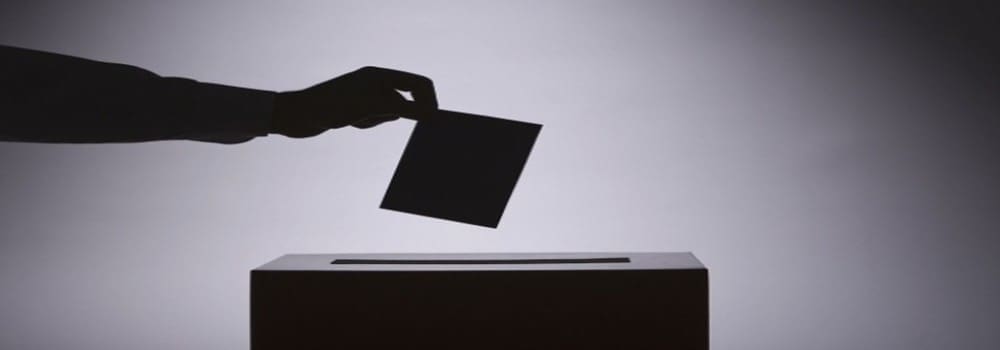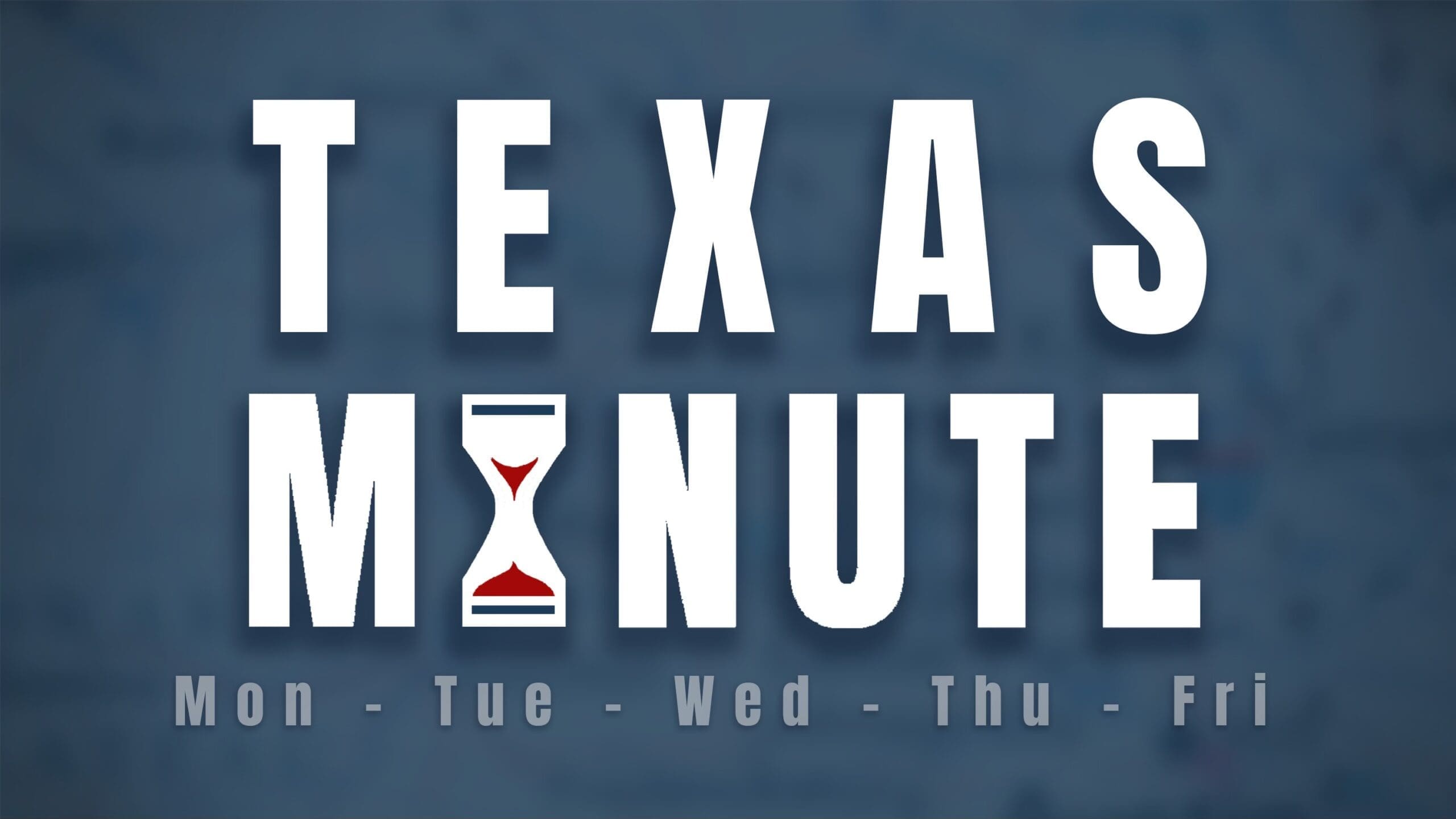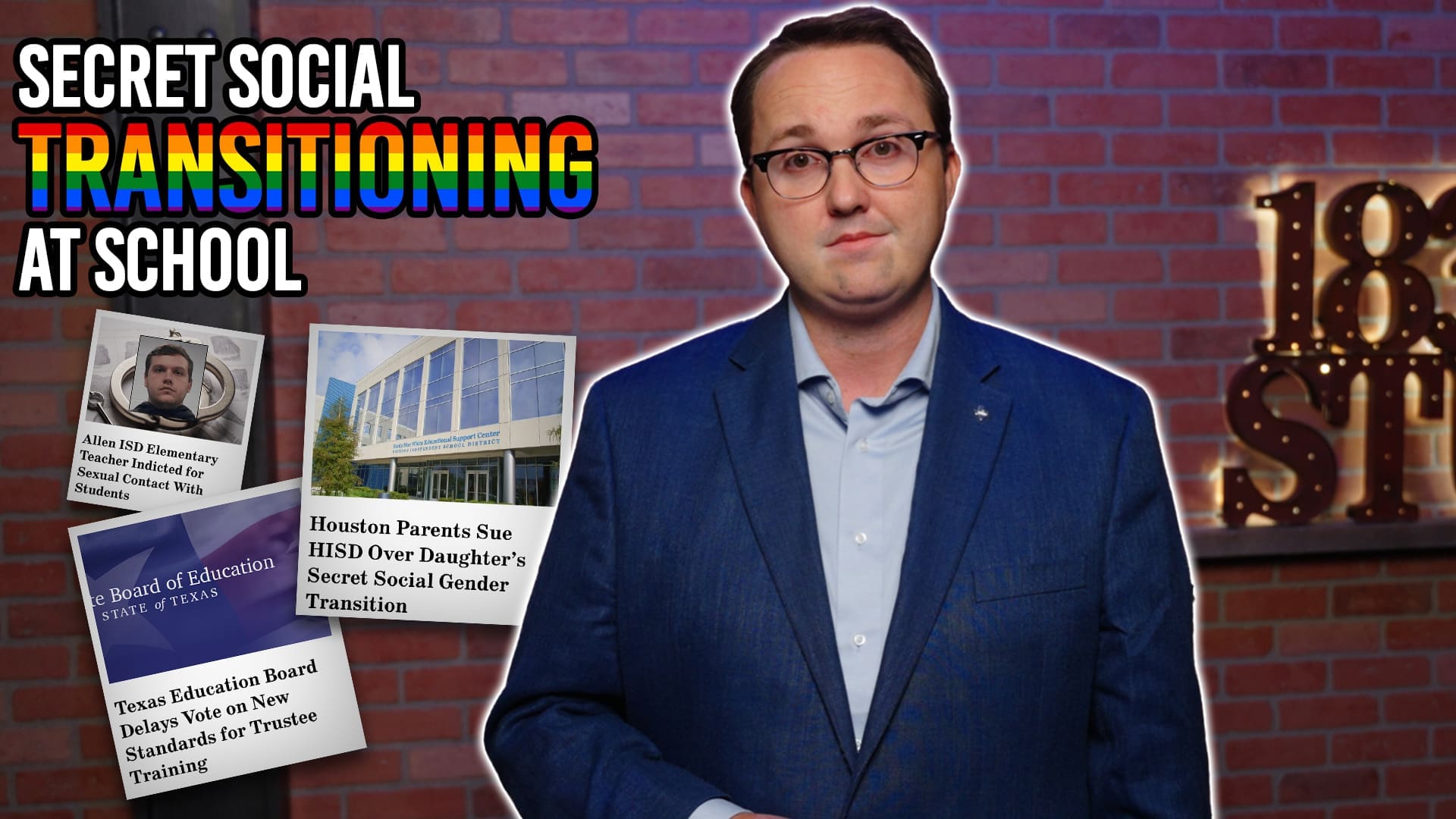How easy is it to steal mail ballots in Dallas County? “Easy,” says a Dallas campaign worker and voter fraud whistleblower – and he’s got recordings to prove it.
In conversations secretly recorded by his fellow campaign worker Sidney Williams and released to local ABC affiliate WFAA, Democrat operative Jose Barrientos reveals how illegal vote harvesting schemes work, gaining access to vulnerable voters’ mail ballots with help from accomplices inside the county elections office.
Barrientos – a Democrat Party precinct chair until the tapes became public – claims the recorded conversations with Williams were just “guy talk.” Yet he told WFAA in an interview that it’s easy for harvesters like him to tell elderly, low-income voters who to vote for – in effect, stealing their votes.
In Texas, seniors 65 or older and disabled voters may vote by mail. If they need help reading or writing on their mail ballot, those voters may ask for and receive assistance.
But what Barrientos describes isn’t legal voter assistance; it’s voter fraud.
To get access to mail ballots, vote harvesters intercept them as they’re delivered to voters. “It’s an open market. Whoever gets to that voter first when he gets his ballot in the mail, that’s who gets that vote,” Barrientos told WFAA.
In a recorded conversation Barrientos told Williams that’s done by paying off someone inside the Dallas County Elections office to find out when mail ballots are going out:
Williams: What do we do, chase the mailman or how does that work?
Barrientos: Your homeboy that’s at the elections office. He tells you when the f*****g ZIP codes are dropping. He’ll tell you like 75221 fixing to hit. Today. They’re going out.
Williams: He tells you that?
Barrientos: He’s not supposed to but yeah. But then you’ve got to drop a hundred or two or three. Whatever it is. He can’t do it for free.
Harvesters then approach those voters at home and offer to “assist” them in completing their ballots – exactly what hundreds of voters in West Dallas and Grand Prairie said happened to them in the May election. Many reported that they hadn’t requested the mail ballots.
Barrientos confirmed that harvesters’ “assistance” includes telling voters who to vote for:
“Nine times out of 10 they’re going to vote for who the person in front of him tells him to,” Barrientos explained to WFAA. “This is what works on everybody… I mean 99.9 percent of the time they’re going to vote for whoever you suggest. You’ve got to understand, especially in poverty neighborhoods, most of these seniors don’t have anybody to come visit them.”
But Texas Election Code requires voters who need help filling out their ballots to ask for assistance. State law also prohibits a person assisting a voter from telling the voter who to vote for. Ballot harvesters routinely violate one or both of these laws.
Harvesters might also steal ballots directly, right out of voters’ mailboxes, and fill them out themselves. As Texas Scorecard previously reported, if harvesters also forged those voters’ signatures on ballot applications, the application and ballot signatures will match when compared by election officials, even though both signatures are fraudulent.
And elections officials never authenticate the people who sign as “assistants” on voters’ applications and ballots. State law requires those forms to be signed by anyone who helps a voter complete them, but doesn’t require any verification of assistants. That’s another opening for voter fraud.
Two names that have shown up frequently as assistants on allegedly fraudulent ballots across Dallas County are Jose Rodriguez and Miguel Hernandez Jr. In the secret recordings, Barrientos suggests that he forged mail ballot applications using the name Jose Rodriguez. That’s the same name found on mail ballot applications being examined by the Dallas County District Attorney’s office, though investigators already determined it’s likely fictitious. Forgery on a mail ballot application is a criminal offense.
Barrientos denied to WFAA that he is Jose Rodriguez. But he said that Democrats are getting “more aggressive” about going after mail ballots. “It’s the quickest way to put points on the board,” Barrientos said.
Williams has shared his recordings of Barrientos with the district attorney’s office, which is using them in its investigation of an “off the charts” number of mail ballot fraud reports in the May 6 election.
In that election alone, Dallas County Elections Administrator Toni Pippins-Poole confirmed that nearly 100 mail-in ballots were rejected, out of over 700 suspicious ballots reviewed, because signatures on the ballots and applications didn’t match.
Pippins-Poole says the state legislature needs to strengthen laws to stop “bad guys.”
“What we need to do is we need to have some laws changed,” she told Dallas City Council members as they reluctantly voted to accept the May 6 election results last week. “We need to have stronger laws to prevent these individuals from being able to prey on such individuals. We need to have stricter consequences, not just a slap on the hand.”
Other Dallas leaders agree that weak state laws enable voter fraud, including Mayor Mike Rawlings and former Dallas County GOP chairman Wade Emmert, who added:
“Voter fraud, especially ballot harvesting, has been happening for decades and even in Dallas County. What is unique and shocking is how readily [Barrientos] admitted to participating in that process.”
A bill making it possible to find fraudulent mail ballots after they’re cast, but before the deadline to challenge questionable election results, passed out of the Texas Legislature today. But legislation to increase penalties for organized vote harvesting died in the House Calendars Committee during the current lawmaking session.
It’s long past time for the legislature to pass reforms that prevent this type of organized voter fraud – which victimizes mostly elderly, low-income, and minority voters – from happening in the first place.





